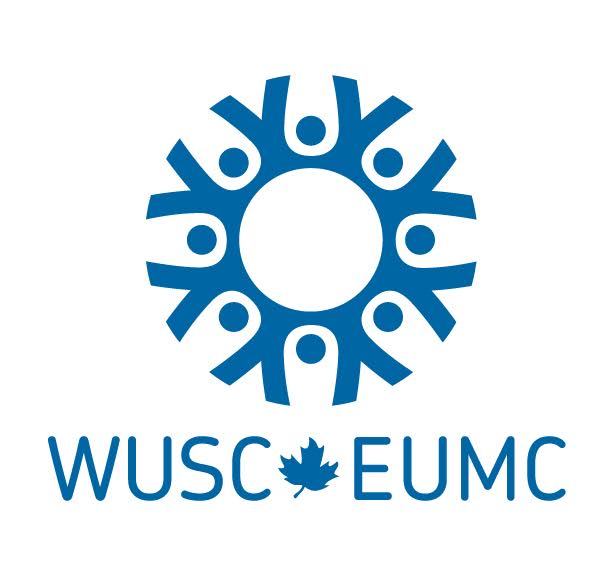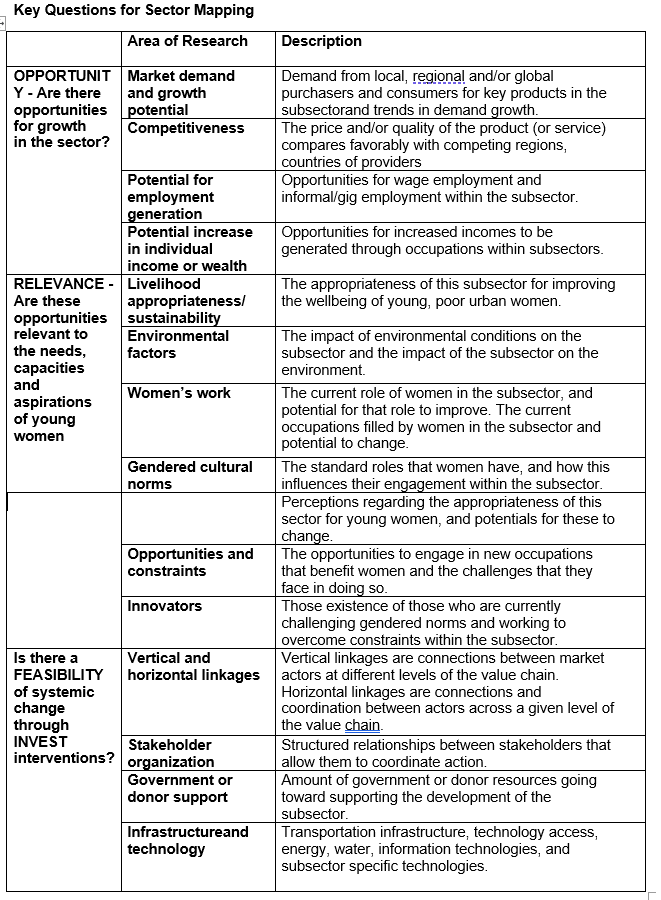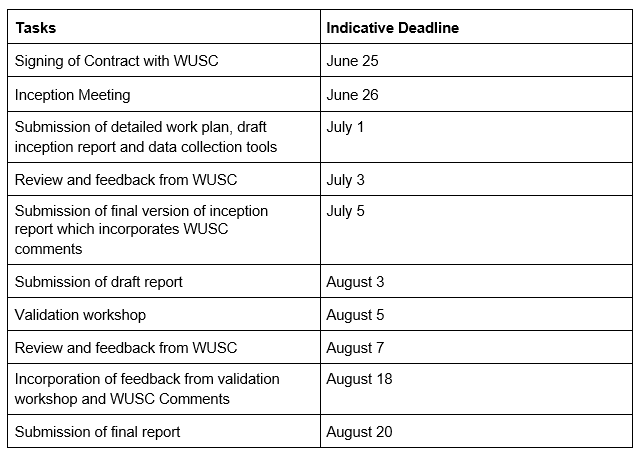Sorry, your search did not match any of our live jobs
We suggest that you:

JOB SUMMARY |
|
| Company | World Univers... |
| Industry | International... |
| Category | Science |
| Location | Accra |
| Job Status | Fixed term (R... |
| Salary | GHS |
| Education | Qualified |
| Experience | N/A |
| Job Expires | Jun 15, 2020 |
| Contact | ... |
| |
|
|
Company Profile WUSC (World University Service of Canada) is a Canadian non-profit organization working to create a better world for all young people. We bring together a diverse network of students, volunteers, schools, governments, and businesses who share this vision. Together, we develop solutions in education, economic opportunities, and empowerment to overcome inequality and exclusion for youth around the world, particularly young women and young refugees. WUSC currently works in 25 countries across Africa, Asia, the Middle East, and Latin America, with an annual budget of approximately CAD $40 million. We have over 90 staff in our Ottawa office, and over 200 people overseas implementing 16 development projects in collaboration with donors such as Global Affairs Canada, the UK Department for International Development (DFID), the World Bank, the Asian Development Bank, Mastercard Foundation and the African Development Bank. Job Description
BACKGROUND
Innovation in Non-traditional Vocational Education and Skills Training (INVEST) for women in Ghana is a 5-year collaborative initiative (2020-2025) that will build sustainable pathways to enhanced economic empowerment, well-being and inclusive growth for 5,000 urban poor young women in Accra, Kumasi, and Sekondi-Takoradi, Ghana.
This CAD$8.5 million project will test and scale innovative, sustainable models to improve the enabling environment, reduce gender-specific barriers to women’s economic participation, and enhance access to decent work for marginalized women in high-growth, non-traditional sectors. Using an inclusive market systems (IMS) approach, the project will INVEST in women, institutions and the labour market system of high-growth sectors to achieve transformative change that is sustainable and scalable.
A wide array of stakeholders on both the supply and demand sides of the labour market will be engaged throughout the project cycle. This integrated, holistic approach will contribute to reducing the multiple dimensions of poverty experienced by urban poor young women. Key aspects include: supporting women’s full participation in economic decision-making and leadership, promoting women’s equal access to finance, improving technical and vocational education and training (TVET) for women, motivating industry to hire, retain and promote women, and improving the ability of women to participate and exercise their rights in the workforce.
Urban poor young women in Ghana face several dimensions of poverty concurrently. These include limited access to education beyond the primary level and a lack of genderparity at all levels of education; political and social exclusion, contributing to low representation and participation of women in decision-making; risk of personal insecurity including harmful cultural practices such as early and forced marriage, sexual and gender-based violence and maternal mortality; and infringements on human rights, both generally and specifically in terms of access to decent work.
NATURE AND SCOPE
WUSC wishes to retain a firm, consultant, or group of consultants to conduct a gender labour market analysis in the regions of Accra, Kumasi, and Sekondi-Takoradi. The analysis should be conducted in collaboration with WUSC and WUSC training partners, and employ a market systems approach to understanding supply and demand constraints facing young women in promising high growth sectors. The goal of the rapid gender labour market analysis will be to identify priority sectors for support, specific occupations important to those value chains, identify key private and public sector actors, and focus key actions for capacity building and policy change.
Given the timeframe in question, the consultant will pay particular heed to the opportunities and risks presented by the current COVID-19 crisis. First, the labour market analysis should be COVID-aware. Sector selection should, insofar as possible, identify possible changes in labour markets and women’s inclusion that may result from the current crisis. Second, the consultant must exercise duty of care to ensure the protection of interviewees, partners and the consultant team. The consultant will take into account travel and meeting restrictions, and will propose an approach that maximizes the use of existing secondary information and data, remote data collection, and data collection methods that protect the health and wellbeing of respondents, interviewers and stakeholders.
The key components of the Labour Market Analysis will comprise of:
Because each of these components are interrelated yet sequential, the consultant will be asked to confer closely with WUSC and key partners following each milestone prior to advancing to the next step.
a. Sector selection
The goal of the sector selection process is to identify potential high growth and non traditional sectors and value chains that have opportunitiesfor increased growth and job creation, are relevantto the core target group of marginalized young women, and through which INVEST interventions have the feasibilityto facilitate systems changes to create more and better employment opportunities for young women. While much data available will be national in scope, a focus on levels of employment or other proxies specifically within the target regions will be most appropriate. Indicative questions are detailed within this TOR. Subsector selection should make reference both to the current state of development within subsectors and opportunities for growth and change. Given the focus of the INVEST program on innovative and high growth industries, explicit focus should be made on potentials for future growth and inclusion of women rather than simply on industries that currently provide opportunities for young women.
 b. Demand/supply analysis of key skills.
The goal of the demand/supply analysis for specific subsectors is to map out the key occupations and skills required within the subsector across value chains, including employer demands for jobs by occupation, and key employers who drive this demand. Average salaries, incomes and other non-salary benefitsfor key occupations will be presented including any wage gaps between men and women. The study will document the key knowledge and skills required within these occupations. As above, attention should be paid not simply to occupations currently performed by women, but also to those that have the potential to include more women, and current barriers to women’s inclusion by occupation. Demand analysis should examine occupations in the context of their relevanceto the target group of poor young rural women (i.e. to those with lower levels of formal education and training). Supply analysis will provide a review of current training offered for occupations in the selected subsector, the accessibility and appropria eness appropriateness of such training to poor young urban women, including the relative costs to the trainee. A documentation of training and service gaps (including, for example, mentorship, informal training or financial assistance) should be included.
Key Questions for Supply / Demand Analysis
c. Institutional and systems mapping of key actors
For the key subsectors and occupations above, the consultant will document those institutions and relationshipsare important for driving change towards spurring growth of jobs for poor young women. What barriers exist? What public or private sector policies currently create space or constraints for marginalized young women in local labour markets and what are the implications for reform? Instional and systems mapping will also identify potential industry partners that can aid in achieving program goals.
Key Questions for Institutional Mapping
SPECIFIC TASKS
DELIVERABLES
TIMELINES
The contract period will be between 25 June 2020 and 20 August 2020. Estimated contributions expected in working days will be determined in consultation with the selected firm. The firm will have to put in place all the necessary actions to launch the labour market analysis in accordance with the following schedule.
 Required Skills or Experience Team Qualifications
How To Apply Sorry, job has expired.
Note
Please note, employers receive numerous applications per posting and will only shortlist the most qualified candidates. Also Jobsinghana.com is not involved in any decision made by an employer/recruiter and therefore does not guarantee that applications sent will result in a candidate being shortlisted/selected for that position. |